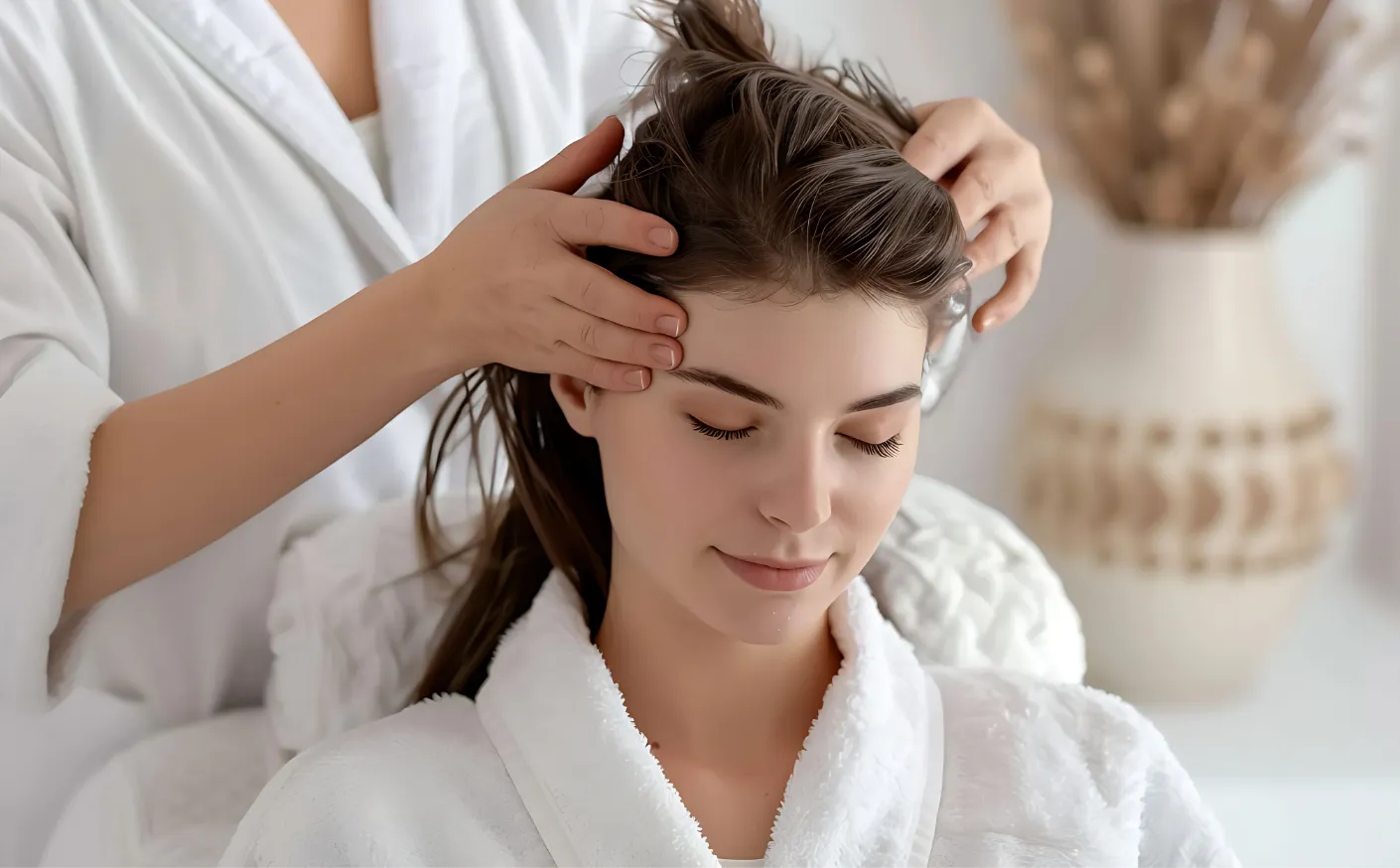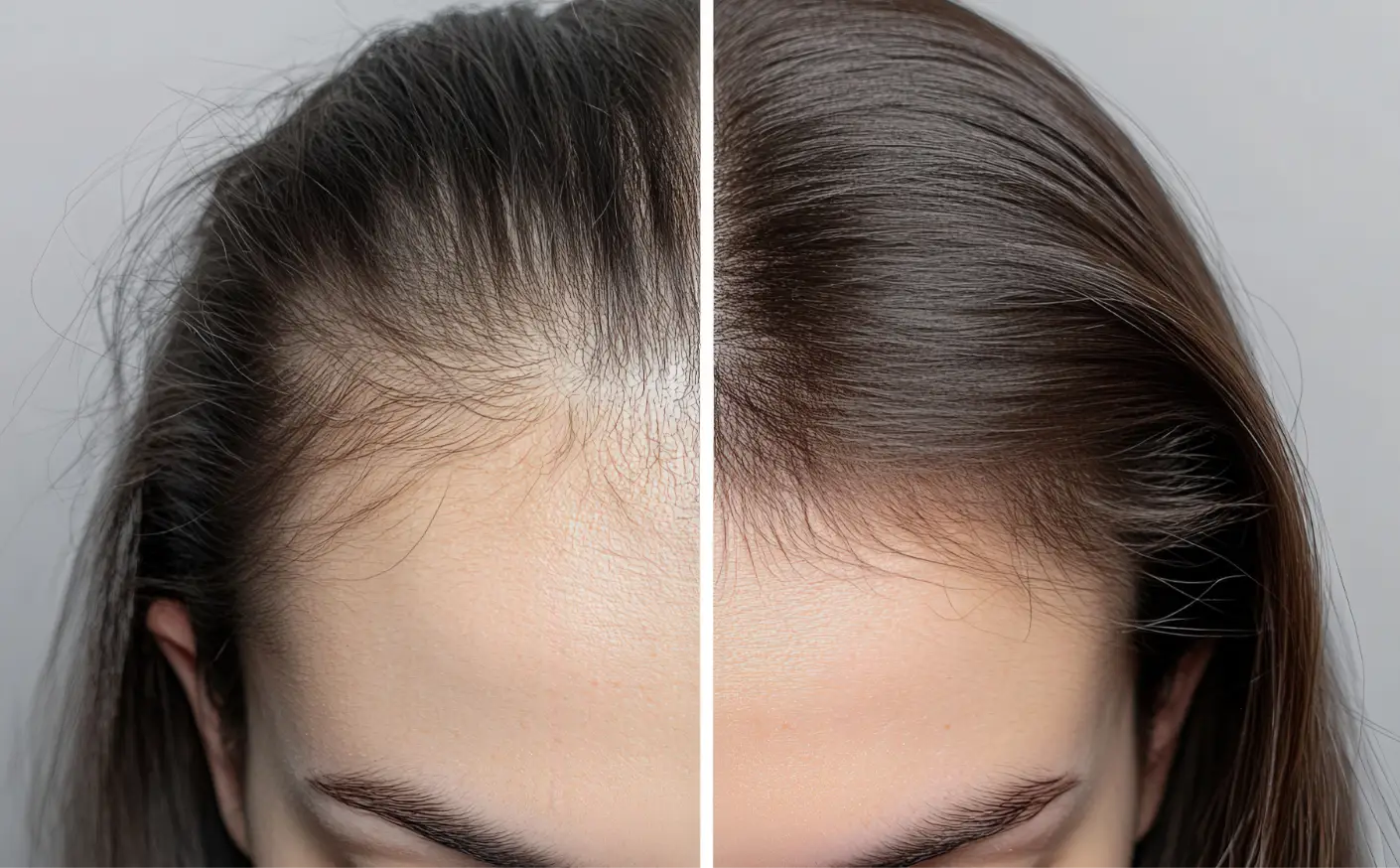Hair loss affects men and women alike, impacting confidence and quality of life. Understanding the right hair loss treatment can help manage and restore healthy hair. One promising solution is...
Read More
Hair loss is more than just a cosmetic concern—it can affect confidence, self-image, and even mental health. Millions of people experience hair loss, which often begins subtly but can become a significant issue if left unaddressed. Understanding its causes and exploring targeted solutions can make a meaningful difference.
Hair loss, also referred to as hair fall, occurs when the natural cycle of hair growth and shedding is disrupted. While it’s normal to lose 50–100 hairs a day, excessive shedding or thinning may indicate an underlying problem. Medical professionals often classify hair loss using codes such as ICD 10, which helps in diagnosing and managing specific conditions.

The causes of hair loss are multifaceted and can range from temporary to chronic conditions. Key hair loss causes include:1. Genetics: Hereditary conditions, such as male or female pattern baldness, are among the most common causes.
2. Hormonal Imbalances: Pregnancy, menopause, thyroid disorders, or changes in hormone levels can trigger hair fall.
3. Nutritional Deficiencies: Inadequate levels of vitamins like B12, D, and iron contribute to weakened hair follicles.

4. Stress: Physical or emotional stress can lead to temporary hair loss, known as telogen effluvium. 5. Medical Conditions: Conditions like alopecia areata, scalp infections, and systemic illnesses often result in hair loss. 6. Poor Hair Care: Over-styling, heat treatments, and harsh products damage hair, causing it to break and fall.

Solutions to Combat Hair Loss
Tackling hair loss requires a combination of lifestyle adjustments, targeted treatments, and sometimes medical intervention. Here’s how you can address it:
1. Improve Scalp Health Use mild, sulfate-free shampoos to reduce irritation and inflammation. Opt for products designed for hair fall control, such as serums or treatments enriched with biotin and keratin. 2. Enhance Your Diet Include foods rich in proteins, omega-3 fatty acids, and vitamins (like A, C, D, and E) to nourish hair from within. Consider supplements if dietary intake is insufficient.

3. Manage Stress practice mindfulness techniques such as yoga, meditation, or regular exercise to reduce stress-induced hair fall. Seek professional help for chronic stress or anxiety. 4. Explore Medical Treatments Minoxidil, a topical treatment, stimulates hair growth and is effective for both men and women. Prescription medications like finasteride or hormonal therapies can address underlying imbalances. Advanced options such as PRP (platelet-rich plasma) therapy or hair transplantation may be considered for severe cases. 5. Seek Professional Diagnosis consulting a dermatologist or trichologist is crucial for identifying the exact hair fall cause. Diagnostic tools, including scalp analysis and blood tests, help pinpoint issues such as nutrient deficiencies or hormonal imbalances.

Hair loss may feel like an overwhelming challenge, but understanding its root causes and taking proactive steps can restore not only your hair but also your confidence. From nourishing your body with essential nutrients to exploring advanced medical treatments, there’s a solution for every stage of hair loss. Remember, addressing the issue early can significantly improve outcomes, making hair loss a manageable concern rather than a permanent problem.
#HairFallReason #HairFallingOut #HairFallingOutDream #HairLoss #HairLossICD10 #HairFallICD10 #HairLossCauses #HairFallCauses #HairFallCause #Earthlab #EarthlabHairTonic
Understanding Hair Loss: Causes, Insights, and Effective Solutions
Hair loss is more than just a cosmetic concern—it can affect confidence, self-image, and even mental health. Millions of people experience hair loss, which often begins subtly but can become...
Read More


